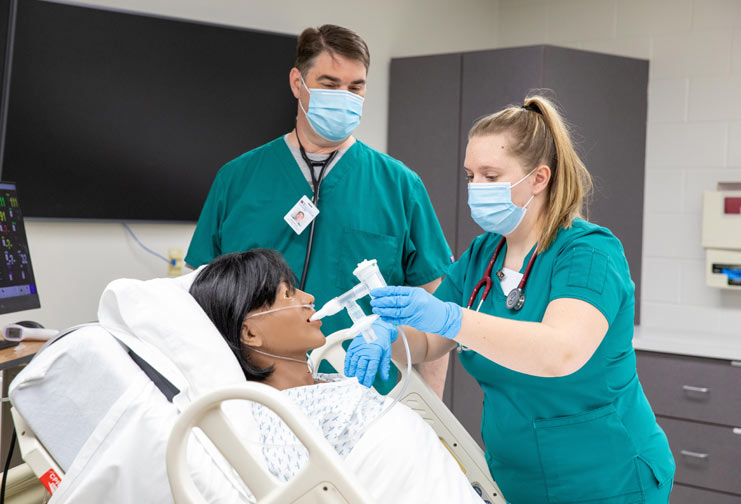5 Tips for Adults Returning to College

As more and more adults have headed back to class, colleges and technical schools have streamlined the admissions process to accommodate returning adult students. It’s also easier than ever to map out a degree plan and avoid wasting time.
Are you trying to work up the nerve to return to college? Here are five tips for success as you train for a specific job, complete a degree, or learn a new subject:
1. Do your homework before you enroll.
Take the time to decide what’s most important to you in a college. Are the ones that you’re considering flexible when it comes to expanded degree options or evening classes? Do they offer courses and services that are conducive to adult learning? Is it possible to complete and submit homework online? Is the commute to campus feasible for you? What do alumni say?
Finding the perfect fit starts with asking the right questions, so make a list and get answers as you do your research.
Reading about a campus or looking at pictures online is nothing like visiting in person. After you’ve narrowed your search to two or three favorites, tour the colleges. Eavesdrop in the student center. Chat with staff members and students. Picking up on the campus energy will help you make a good decision.
2. Set goals and map out your degree.
Once you’ve chosen a college, plot a strategy for getting from where you are to where you want to be.
Academic Advisers exist to offer sound advice on course requirements, financial aid, and the smooth transfer of credits. Meet with them to discuss your goals and time frame. They know what they’re doing, and they’ll help you come up with a detailed degree map.
3. Get excited.
You can either dread your return to school or look forward to an exciting change in your life. Your attitude and confidence level has crucial bearing on your success.
Positivity will help you focus, stay organized, work hard, and keep up with your other responsibilities. It will even help you sleep better at night.
Consider your age an asset. You have a great deal to offer. Younger students can benefit from your maturity and experience, so don’t be embarrassed or intimidated to participate in class discussions.
4. Be a social butterfly.
Did you know that being social has measurable benefits in brain activities like cognitive thinking? That means that you’ll perform better academically if you make some friends.
School is more rewarding for students of any age who stay involved and connected. Attend special events. Check out some clubs. Join organized study groups. Don’t neglect your social life outside the classroom. No one can study all the time.
5. Ask for help.
Don’t wait until you’re overwhelmed to admit that you need help.
If you’re struggling in a class, reach out to the instructor. Ask a student who excels in the course to spend some time with you. Search online resources for tips on improving your study habits or test-taking skills.
Get organized at home. Delegate chores to the kids. Ask your spouse to help with laundry, errands and bill paying. If you can afford it, hire a housekeeper once or twice a month.
Be flexible. You may have to let some things go until you finish your degree. The nightly gourmet meals that you love to prepare can wait.
It’s never too late to learn. No one who earns a degree or lands a great job after returning to school has regrets. Look at it this way: You'll be 35, 45 or 65 years old whether you re-enroll or not. Why shouldn't you make the most of those years?
Embrace this experience, and look forward to basking in your success on graduation day.
CVTC provides one-on-one transition support to help you return to learning with FREE resources.


